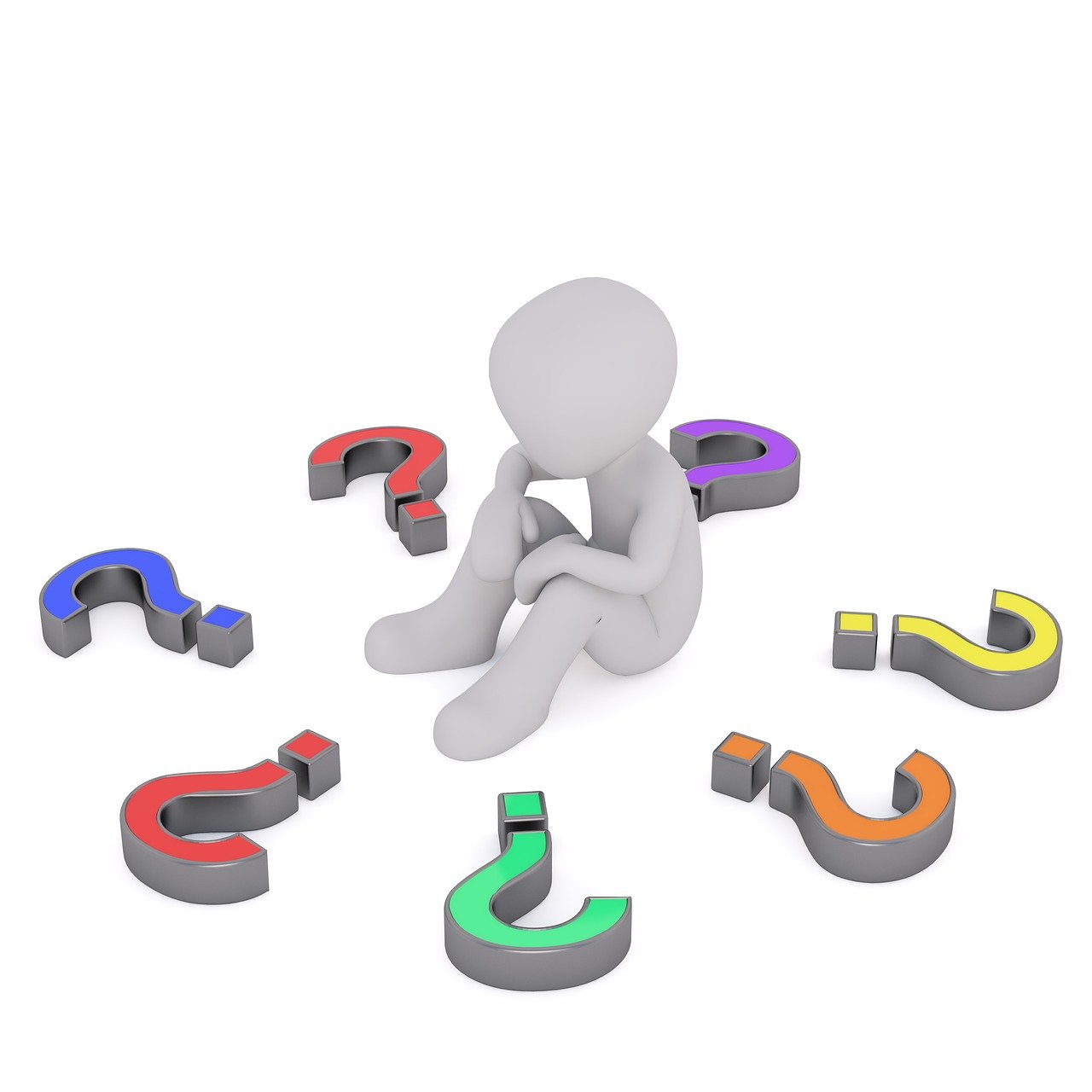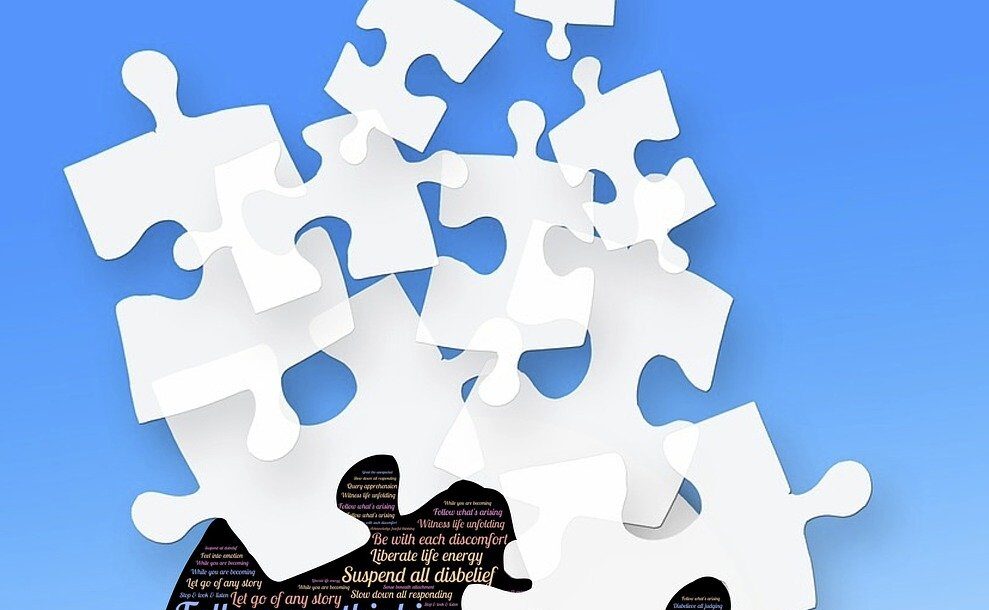Have you ever felt like no matter what you do, you’re not worthy in the eyes of others? Maybe you’ve caught yourself second-guessing your every move or doubting that anyone could truly accept you for who you are. If these thoughts resonate, you might be grappling with feelings of insecurity in your relationships—a common struggle that can deeply impact self-esteem and mental well-being.
What Does It Mean to Feel Insecure in Relationships?
Insecurity in relationships isn’t just about worrying whether others like you; it runs deeper than that. It can affect how you see yourself and how you believe others see you. Here are some common signs of relationship insecurity:
- Constant Self-Doubt: You question your worth and abilities, fearing that others will notice your perceived flaws.
- Low Self-Esteem: You feel unworthy, inadequate, or even unlovable. This can make it difficult to believe that others truly value or care about you.
- Fear of Rejection: You might be plagued by the fear that others will reject or abandon you, leading to withdrawal, avoidance, or people-pleasing behaviours in an attempt to gain approval.
These insecurities can prevent you from forming healthy connections with others, keeping you stuck in a cycle of self-doubt and fear.
Where Do These Feelings Come From?
Insecurity and low self-worth don’t appear out of nowhere. Often, they are the result of past experiences—such as trauma, neglect, or constant criticism—that shape how we see ourselves and interact with others. These experiences can leave lasting scars, making it difficult to trust in relationships or believe that we are truly deserving of love and acceptance.
The Role of Attachment Styles
For many, feelings of insecurity are also connected to their attachment style—the way we form emotional bonds with others, often influenced by early experiences with caregivers. If you tend to experience anxiety in relationships and feel overly dependent on others’ validation, you might have what’s known as an anxious attachment style. This attachment pattern can create a heightened sensitivity to rejection and a deep need for reassurance in relationships, fueling feelings of insecurity.
How Insecurity Affects Our Lives
The impact of insecurity isn’t just emotional—it can ripple through various aspects of life:
- Relationships: Feeling insecure can lead to difficulties in maintaining close, trusting relationships. You may find yourself sabotaging connections, pushing people away, or clinging too tightly out of fear.
- Self-Worth: Chronic insecurity chips away at your self-esteem, making it hard to believe in your own value. This can affect your ability to pursue opportunities, set boundaries, and advocate for your own needs.
- Mental Health: Prolonged insecurity can contribute to anxiety, depression, and a sense of hopelessness. Without intervention, these feelings can escalate, making it even harder to break the cycle of self-doubt.
Breaking the Cycle of Insecurity
The good news is that these feelings can be addressed and overcome. Therapy offers a space to rebuild self-esteem, challenge negative thought patterns, and create healthier connections with others. Understanding the root causes of your insecurity is the first step toward healing.
My Growth Healing Therapy focuses on helping you develop a sense of security and self-worth. Together, we’ll work on addressing the underlying issues that fuel your insecurity, and you’ll learn to build stronger, healthier relationships—not just with others, but with yourself.
If you’re feeling stuck or struggling with insecurity in your relationships, I can help. Therapy can offer you the space to explore these feelings and begin healing. Don’t let insecurity hold you back from living a fulfilling life—reach out for support and start your journey toward emotional freedom.




Leave a Reply